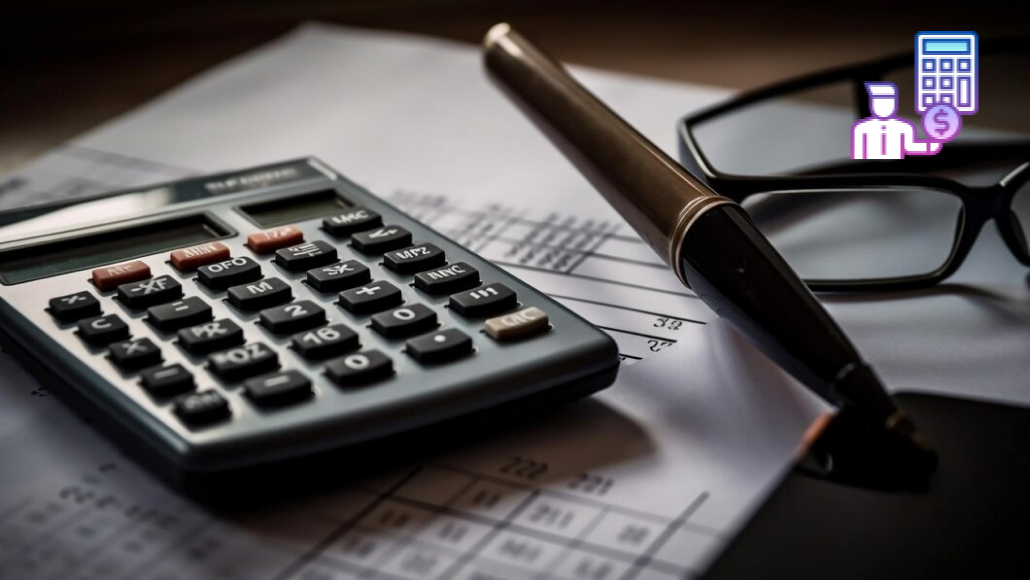Data Analysis and Reporting Skills
This course aims to equip learners with the essential skills needed to analyze, interpret, and communicate data effectively. It covers a broad range of topics from data collection and statistical analysis to the creation of insightful reports and visualizations. This course is suitable for professionals seeking to enhance their analytical capabilities or anyone interested in the field of data analysis.
Course Overview
Participants will learn various data analysis techniques and tools, understand how to work with different types of data, and develop skills in creating reports and visualizations that effectively communicate findings.
Course Outcome
- Proficiency in data analysis techniques and statistical methods.
- Ability to use data analysis software and tools (e.g., Excel, R, Python).
- Skills in data cleaning, manipulation, and transformation.
- Knowledge of creating compelling data visualizations and reports.
- Understanding of how to interpret data to make informed decisions.
Below prerequisites ensure that participants have the necessary foundational knowledge to successfully engage with more advanced data analysis topics covered in the course.
Note: The course concludes with a significant project or portfolio that allows participants to demonstrate their data analysis and reporting capabilities. Upon successful completion, participants will receive a certificate of completion or earn credits towards professional development. This course is ideal for individuals looking to advance their career in data science, business intelligence, or any field that requires strong data analytical skills.
Learning Peeks
Course Duration
12 WeeksCourse Structure
Hybrid LearningAvailability
Available Online/OfflineRecognized Certification
Earn a certification on completionFlexible Schedules
Flexible study schedulesLanguage
English LanguageTraining Days
Monday, Wednesday and FridayCourse Prerequisite
The following are required
1. Basic Statistical Knowledge: Understanding of fundamental statistical concepts such as mean, median, mode, variance, and standard deviation. 2. Computer Literacy: Comfort with using computers, especially data analysis software or programming environments. 3. Familiarity with Spreadsheet Software: Experience with tools like Microsoft Excel or Google Sheets for data organization and preliminary analysis. 4. Basic Programming Skills: Some courses might require familiarity with a programming language used in data analysis, such as Python or R. 5. Logical Thinking and Problem-Solving Skills: Ability to approach problems methodically and derive logical conclusions from data.
COURSE FEE
₦300,000.00 ***installmental payment available for this course
You may also like




.jpg )




